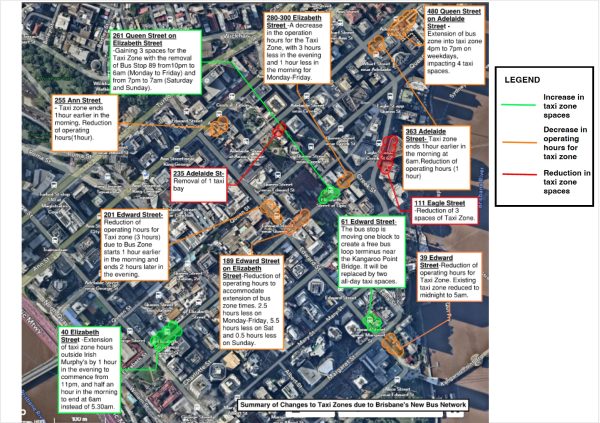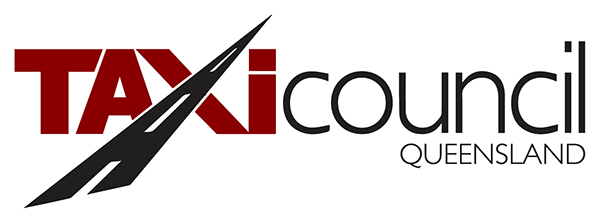Portable and fixed cameras to detect illegal mobile phone use, and failure to wear a seatbelt are operating across Queensland. The cameras operate 24 hours a day, seven days a week, in urban and regional areas. You can be caught anywhere, anytime.
The cameras were introduced to address the dangerous behaviours of mobile phone distraction and travelling unrestrained in a vehicle.
Research shows mobile phone distraction quadruples the risk of crashing and is just as dangerous as drink driving. If you take your eyes off the road for just two seconds, in a vehicle moving at 60km/h, you will travel more than 33 metres while distracted.
A properly worn seatbelt is proven to reduce the risk of serious injury by 50 per cent and death by 45 per cent. A crash without one, at just 40km/h, has the same impact on your body as falling from a two-storey building.
The technology
The cameras use Artificial Intelligence (AI) to detect front seat occupants committing mobile phone and seatbelt offences and have been introduced following a successful six-month trial of the technology in 2020.
The cameras, both fixed and portable, take multiple images of every vehicle that passes, including the registration number plate, and images of the front seats of the vehicle.
If a possible offence is suspected, the image is put through a rigorous adjudication process by an authorised officer, who determines if a penalty should be issued. If no possible offence is detected by the AI, those images are automatically excluded and deleted.
The penalties
From 1 November 2021, the following camera related penalties will apply. Roadside enforcement by police continues as normal.
- $1,033 and four demerit points for illegal mobile phone use while driving.
- $413 and three demerit points for failing to wear a seatbelt. Drivers can also be fined a further $413 and three demerit points for each passenger not properly restrained.
- Double demerit points apply for repeat mobile phone and seatbelt offences committed within a 12-month period. This means anyone persisting in these dangerous behaviours can lose their licence.
The cameras can detect mobile phone and seatbelt offences at the same time, and penalties will apply for each detected offence. Learner drivers will lose their licence after just one mobile phone offence. P-Platers can also lose their licence after just one mobile phone offence.
Mobile phone rules
It is illegal to hold your phone in your hand or have it resting on any part of your body, including your lap, while driving. This applies even when you’re stopped in traffic or at traffic lights. The phone doesn’t need to be turned on or in use for it to be an offence.
However, a phone may be used hands-free, for example, mounted in a cradle for open licensed drivers. These mobile phone rules do not apply to Mobile Display Terminals (MDTs) in a taxi. However, the position of the phone or MDTs must not obscure your view of the road, you must have proper control of your vehicle, and drive with due care and attention at all times.
All drivers can hold a phone when safely stopped to:
- pay for goods and services, for example at a drive through;
- gain access to or from a road-related area, such as a car park;
- present a digital driver licence or other document to police when asked; or
- get a card or money out of a phone wallet for the above purposes.
You can also use your phone when safely parked. Parked means stopped with the intention of staying at that place.
Seatbelt rules
Taxi drivers are required to wear a seatbelt at all times – not just when transporting a passenger in the vehicle. If the driver of a taxi does not have a seatbelt exemption certificate lodged with TMR and is detected by a camera not wearing a seatbelt, and infringement notice may be issued. This will be sent to the registered operator of the vehicle. If the registered operator was not the driver at the time, they will need to identify the driver and follow standard arrangements to transfer the fine to that person.
Adults and children 7 years or older must wear a correctly fitted seatbelt, and children up to the age of 7 must wear a correctly fitted Australian Standard approved child restraint. Children less than 1 year old can be held on the lap of someone 16 years or older.
Taxi drivers are exempt from the requirement to ensure their passengers are wearing a seatbelt if:
- your passenger is over 16
- your passenger is under 7 and you do not have an Australian Standard approved child restraint in the vehicle.
At present, because it is not possible to determine the age of a person in the images captured by the cameras, infringement notices will not be issued if a passenger of a taxi is detected by a camera not wearing a seatbelt. It should be noted that these offences are still subject to roadside policing.
Making Queensland roads safe for all
The mobile phone and seatbelt detection cameras are part of the Camera Detected Offence Program. Money collected from camera fines is used to fund important road safety initiatives and education across Queensland.



